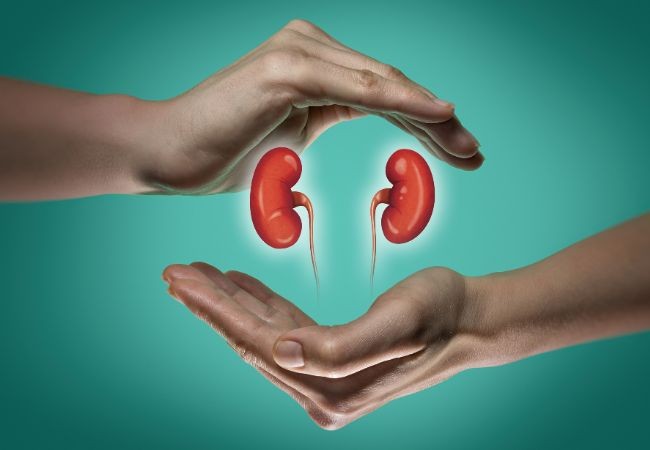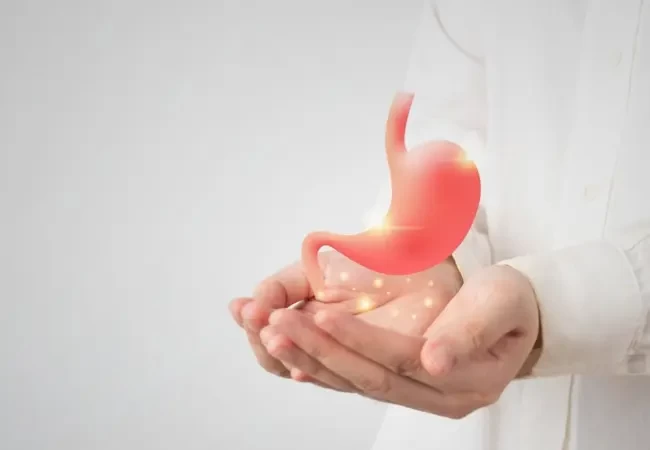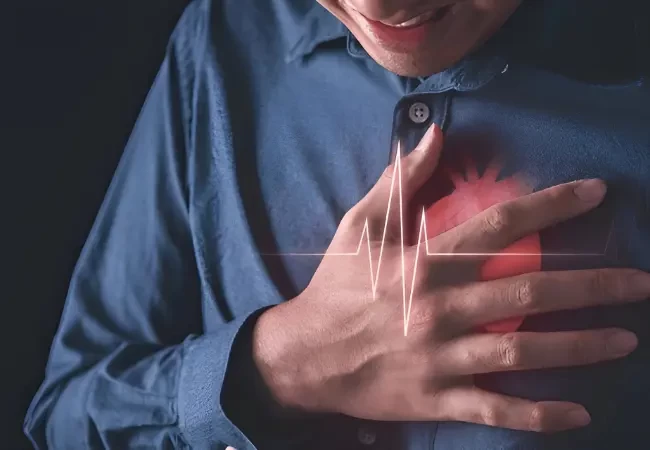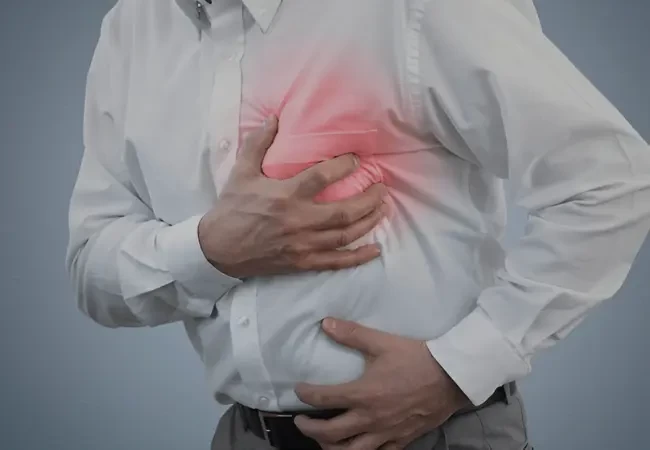 Medically reviewed by: Dr. Sanel Varghese, Senior Consultant Urologist - Written by Jasni Salim - Updated on 21/05/2024
Medically reviewed by: Dr. Sanel Varghese, Senior Consultant Urologist - Written by Jasni Salim - Updated on 21/05/2024If you ever had a kidney stone, you might remember how painful it can be. The pain usually comes in waves until the small stone passes through your urinary system and out of your body. For many people, kidney stones are not a one-time problem. About half of the people who already have one stone will have another within seven years if they do not take preventive measures.
What people often refer to as kidney stone could mean stones in the collecting systems in the kidney stuck in the small 4 mm diameter ureter (commonest) or sometimes, urinary bladder and urethral involvement.
Preventing kidney stones is not complicated at all, but it will definitely require some effort. Kidney stones form when certain chemicals in the urine become concentrated enough to form crystals. These crystals will grow into larger masses (stones) that can block the urinary tract and cause pain.
Most stones form when calcium combines with either oxalate or phosphates. Stones can also form from uric acid which is produced when the body metabolizes protein. Keep on reading to know about kidney stones causes, kidney stones symptoms, and how to prevent them easily.
Kidney stones form when certain substances like calcium, oxalate, or uric acid become concentrated enough to create crystals in the kidneys. Most often, stones form when calcium mixes with oxalate. Uric acid which is a byproduct of purine metabolism can also lead to stone formation.
These crystals will grow into larger masses (stones) that can move through the urinary tract. If a stone gets stuck and blocks urine flow, it will cause pain without a doubt. Kidney stones symptoms include blood in the urine, nausea, vomiting, frequent urination, bladder pressure, or groin pain as the stones move down the ureter toward the bladder.
Making small changes to your nutrition plan and current diet will help you to prevent kidney stones. Check out below how:
Drinking plenty of water is the best way to prevent kidney stones. When you do not drink enough water, your urine will become more concentrated and it makes it harder to dissolve the salts that cause stones. Lemonade and orange juice are also good choices because they contain citrate which will help prevent stones from forming.
It is a good idea to drink enough fluids so as to pass 1 ½ to 2 litres of urine in 24 hours, if your kidneys are healthy. If you exercise a lot, sweat heavily, or have a history of cystine stones, you might need to drink even more fluids.
You can check if you are hydrated enough by looking at the color of your urine. It should be clear or pale yellow in color. If it is dark, you should drink more water.
Eating too much salt will raise your risk of getting calcium kidney stones. When there is too much salt in your urine, your body cannot reabsorb calcium properly. This will lead to high levels of calcium in the urine which can cause kidney stones.
To lower your risk of getting kidney stones, you should try to eat less salt. This will help you to keep your urine calcium levels down and it will further reduce the chances of developing kidney stones.
To cut back on salt, you should pay attention to food labels. Some foods are known for being high in sodium which are given below.
To add flavor to your food without using salt, you can try using fresh herbs or a salt-free herbal seasoning blend.
The most common type of kidney stone is the calcium oxalate stone which might make you think that you should avoid calcium in your diet. But actually, low-calcium diets can increase your risk of kidney stones and osteoporosis.
However, taking calcium supplements might raise your risk of stones. To lower this risk, you can prefer taking calcium supplements with a meal. Calcium carbonates are safe oral supplements.
You can find calcium supplements at the store. Also, low-fat milk, low-fat cheese, and low-fat yogurt are all good sources of calcium.
Some kidney stones are made up of oxalate which is a natural compound found in certain foods. Oxalate will combine with calcium in the urine to form stones. To prevent these stones, you will need to limit foods that are high in oxalates. Foods that are high in oxalates are as follows:
Oxalate and calcium will combine in the digestive system before reaching the kidneys. Eating high-oxalate foods and calcium-rich foods together will make it more difficult for kidney stones to form.
Recurrent urinary infection due to organisms like especially in women may make the urine less acidic. This may lead to very large stones in the kidney with no pain. They are often made of magnesium ammonium phosphates.
Obesity is a risk factor for kidney stones hence losing weight, regular exercise, and “DASH” diet has been found to be beneficial in preventing future stone episodes.
Kidney stones are quite common. There is no perfect way to prevent them, but certain methods might lower your risk. The best ways to prevent kidney stones are staying hydrated and making dietary adjustments which all are given above.
If you have a condition that increases your risk like inflammatory bowel disease, frequent urinary tract infections, or obesity, talk to your doctor about managing it to lower your risk of kidney stones. If you already have a history of kidney stones, ask your doctor to test it. Knowing what type of stone you have will help you take specific steps to prevent new ones from forming.
EMC specializes in treating kidney stones. We have a team of experienced doctors who can help you with this condition. If you have kidney stones, EMC is a great choice to prefer. At EMC the best hospitals in Kochi, you can trust that we will take good care of you and give you the best advice and treatment options for your kidney stones.
The treatment options include MET (Medical Expulsive Therapy), Laser Ureterolithotripsy, stenting as required, PCNL (Percutaneous Nephrolithotomy), the latest RIRS (Retrograde Intrarenal Surgery) with state of the art digital flexible ureteroscopes, ESWL shock wave lithotripsy), laparoscopic procedures, dietary advice, stone analysis, and metabolic workup and treatment and follow up.


Discover the truth behind common plastic surgery myths. Learn what's real, what's outdated, and how modern procedures truly work.

A step-by-step overview of GI surgery, covering what to do before surgery, what happens in the OR, and how to ensure a strong recovery.

Learn about cancer, its early signs, and prevention tips to lower your risk. Early detection saves lives—stay informed, take proactive steps, and protect your health.

Discover why a skilled pediatrician is essential for your child's growth, development, and overall well-being, from infancy through adolescence.

Discover how dermatology can help tackle acne, slow aging, and treat various skin conditions for healthier, more radiant skin.

Discover common childhood allergies, their symptoms, and management tips. Stay informed to keep your child safe and healthy.

Your liver plays a vital role in metabolism, digestion, immunity, and detoxification. Learn how liver health affects your body and ways to maintain its function.

Strong bones support your body and protect your health. Discover simple diet, exercise, and lifestyle tips to maintain bone strength at any age.

Discover the symptoms, causes, and treatment of hypertensive heart disease. Learn how high blood pressure affects your heart and when to seek medical care.

Learn about chest pain symptoms, causes, and treatments. Know when to seek medical help for a healthier heart.